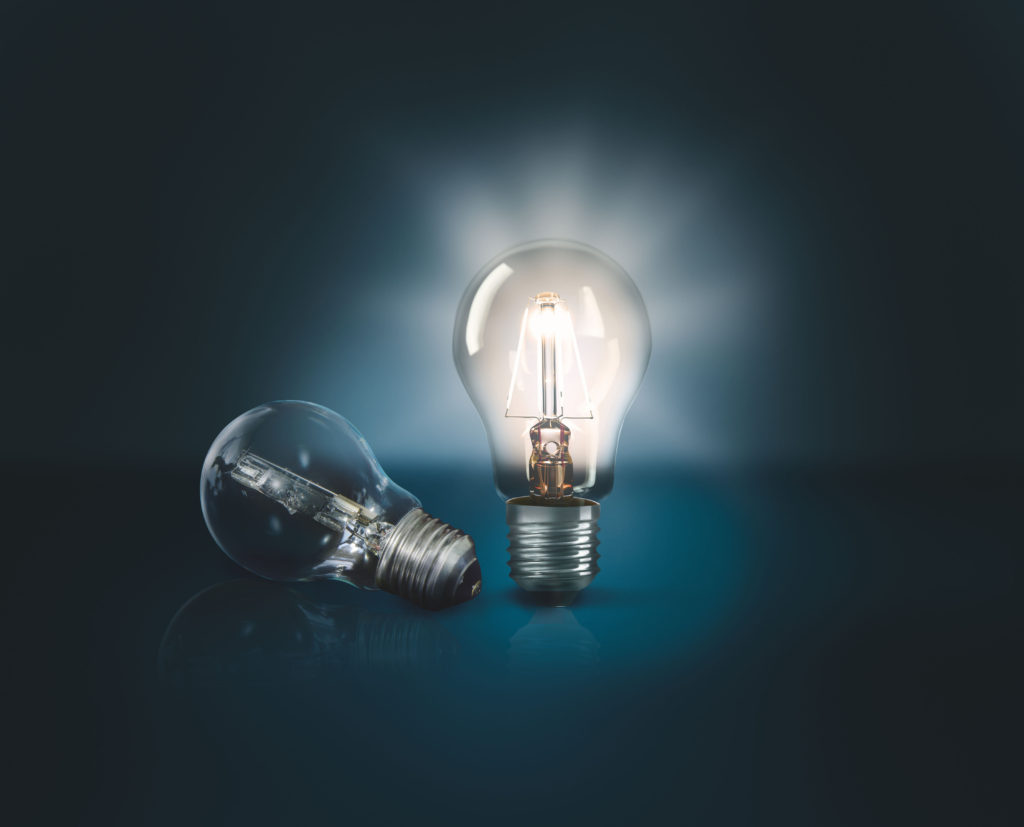UK consumers in the dark over halogen lamp ban
With the sixth stage of the ErP Regulation (EC) 244/2009 coming into force in September, prohibiting certain inefficient non-directional halogen lamps on the market, a consumer study conducted by LEDVANCE has revealed a lack of knowledge about the ban in Europe.

An international consumer survey commissioned by LEDVANCE highlights a significant lack of knowledge about the halogen lamps ban which came into force this month.
Some 64% of UK consumers are unaware that, among others, the popular halogen light bulb can no longer be circulated anywhere in the EU from September 1st.
And that figure is a further 10% higher if the consumers who have heard about the ‘ban’ but are unclear about the consequences are included. Surprisingly, many of those who have not heard of the ‘ban’, consider themselves to be knowledgeable about lighting, LEDVANCE discovered.
Since Autumn 2009, energy-inefficient lamps have gradually disappeared from the market in accordance with a European directive. For retailers and producers there are more changes this month, when the next stage of the ‘halogen lamp ban’ comes into force.
The ban mainly covers the popular classic halogen light bulbs that are typically made of glass, emit light all round, have an E27 or E14 screw base and are operated without a transformer.
Some non-directional halogen lamps with G4 and GY6.35 plug-in bases are also affected. There will be a certain delay before consumers feel the effects of the ban, however, because retailers are allowed to sell residual stocks.
The LEDVANCE study revealed a need for more information about the ban. In the UK, 64% of respondents had never heard of the halogen lamp ban.
Also noticeable is the fact that 79% of those who were unaware of the ban are in the 50 to 60 age group. By contrast, awareness in the 18 to 39 age group and among those with high incomes and high levels of education is particularly high.
The international consumer study was conducted on behalf of LEDVANCE by Research Now at the end of 2017 in nine countries throughout the world.



